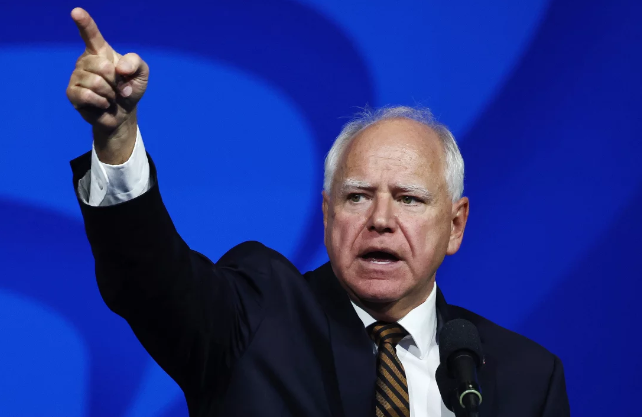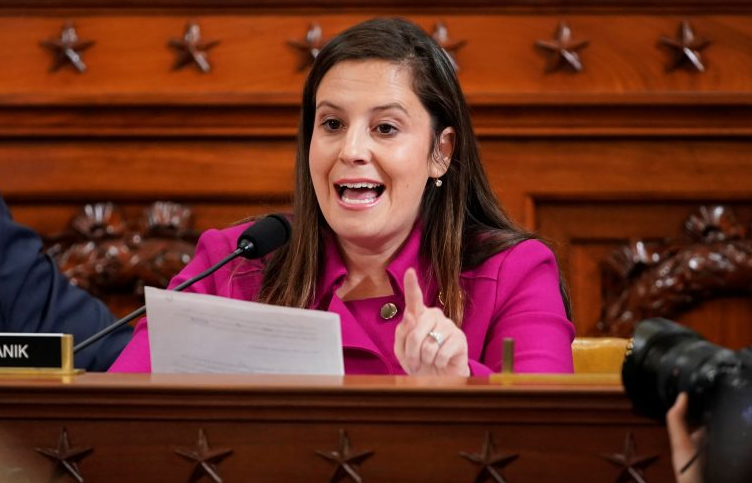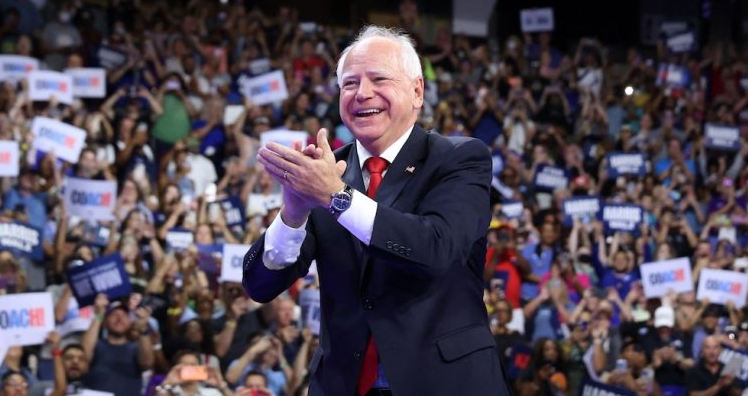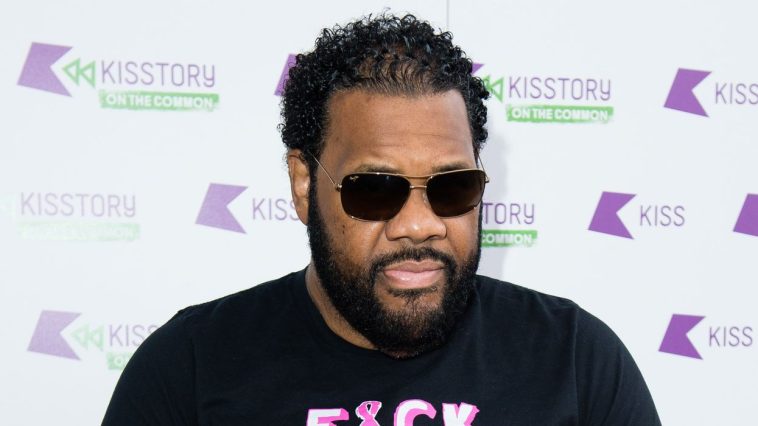Tim Walz’s Controversial Stance on Free Speech: A Deep Dive
In the landscape of American politics, few issues stir as much debate as the boundaries of free speech. Tim Walz, the Democratic Vice Presidential nominee, sparked significant controversy with his statement suggesting there’s no guarantee to free speech when it comes to misinformation or hate speech, particularly around democratic processes. This article delves into the implications of Walz’s comments, examining legal precedents, public reaction, and the broader political context.
The Statement in Context
Tim Walz’s assertion was made in a context where misinformation and hate speech have increasingly become focal points in political discourse. His comments were not a blanket rejection of free speech but rather a nuanced view suggesting that certain types of speech, especially those that could undermine democratic elections, might not be protected under the First Amendment as traditionally understood.
Legal Perspectives
-
First Amendment Protections: The Supreme Court has consistently upheld that there is no “hate speech” exception to the First Amendment. However, Walz’s mention of misinformation, especially in electoral contexts, touches on a grey area where legal scholars debate the balance between free speech and the integrity of democratic processes.
-
Case Law: Cases like United States v. Alvarez highlight that even lies in certain contexts might be protected. Yet, statutes that narrowly target false statements about voting procedures have been upheld, suggesting a legal pathway for regulating misinformation directly affecting elections.
Public and Political Reaction
-
Conservative Critique: Walz’s comments were quickly seized upon by conservative media and figures, framing his statement as an attack on free speech rights. This reaction underscores a broader political divide where free speech is often weaponized in political rhetoric.
-
Democratic Defense: Supporters argue that Walz was addressing a specific concern about electoral integrity, not advocating for broad censorship. They point to the need for counterspeech and education rather than outright bans but acknowledge the complexity of defining what constitutes harmful misinformation.
The Broader Implications
-
Freedom vs. Regulation: Walz’s stance opens a Pandora’s box on how far government can or should go in regulating speech. While aiming to protect democracy, such regulations could potentially be abused, leading to censorship based on political whims.
-
Election Integrity: The focus on misinformation around elections taps into a genuine concern about the stability of democratic processes. However, the solution lies in a delicate balance, ensuring transparency and accountability without infringing on core constitutional rights.
Conclusion
Tim Walz’s comments on free speech reflect a broader societal debate on where to draw the line between protecting democratic institutions and upholding constitutional freedoms. While his intention might have been to safeguard elections from misinformation, the broader interpretation of his words has ignited a necessary discussion on the limits of free speech in the digital age. This conversation, fraught with legal, ethical, and political dimensions, remains unresolved, highlighting the complexities of modern governance in an information-saturated world. As America navigates these waters, the balance between freedom and regulation will continue to be a central theme in its political discourse.
Visit Politics Central News for more Articles and Videos!






